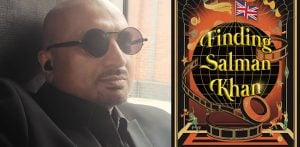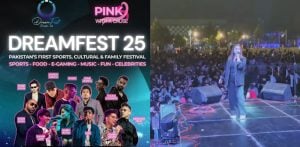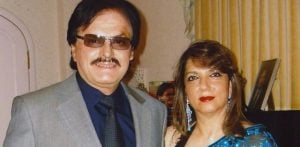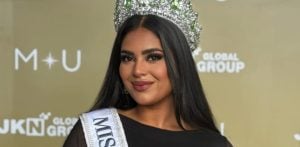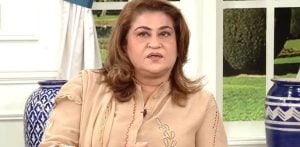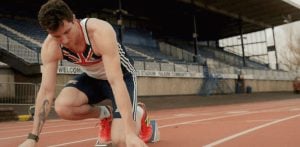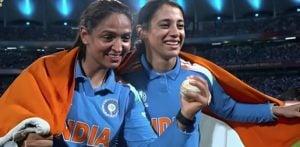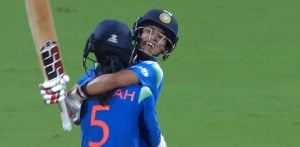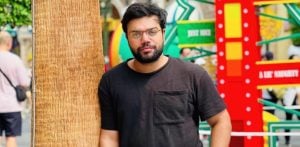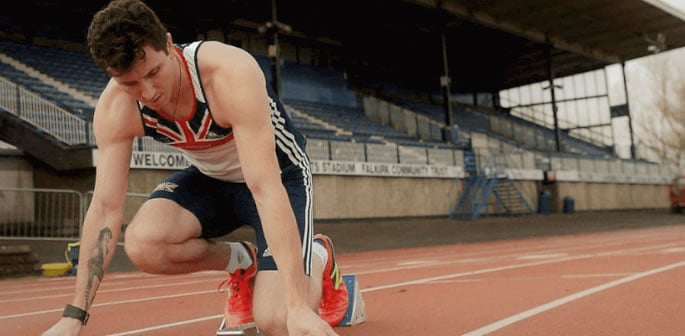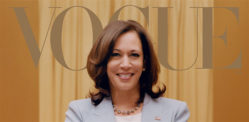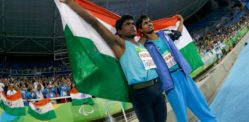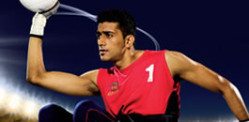It is the second-oldest multi-sport festival globally
The Deaflympics is one of the world’s most unique sporting events, designed exclusively for deaf athletes.
Unlike the Paralympics, which caters to a wide range of physical impairments, the Deaflympics focuses on competitors with significant hearing loss.
Between November 15-26, 2025, Tokyo will host the 100th anniversary Games, featuring 21 sports including cycling, football, and athletics.
The event uses innovative adaptations, like flashing lights replacing starting guns and flag signals instead of referee whistles, to ensure fair competition.
We look at what the Deaflympics are, the rules and its history.
How is the Deaflympics different from other international competitions?
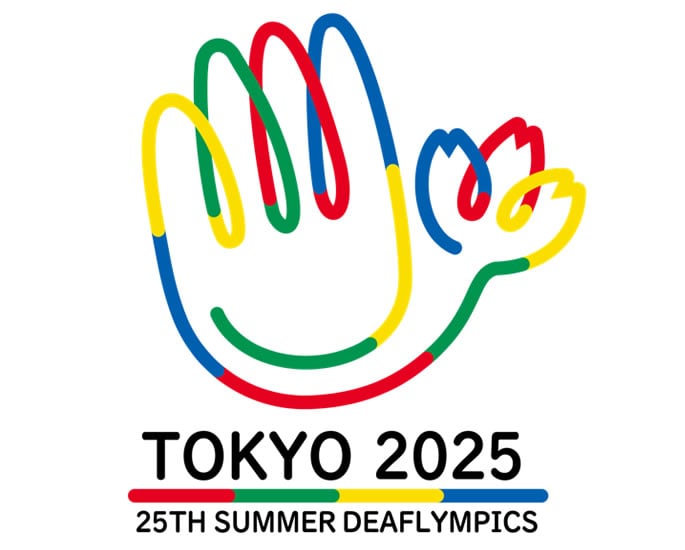
The Deaflympics was founded 24 years before the Paralympics, and was originally called the International Silent Games.
It is the second-oldest multi-sport festival globally and stands out because it is organised and run entirely by deaf people.
Visual cues replace auditory signals across all sports: athletes in athletics start on flashing lights rather than guns, and football referees use flags instead of whistles.
Competitors must have a hearing loss of at least 55 decibels in their better ear to qualify, and the use of hearing aids or cochlear implants during competition is strictly prohibited to maintain fairness.
The Games’ structure emphasises cultural and linguistic identity rather than framing deafness as a disability, a key distinction from other International Olympic Committee events.
Can deaf athletes compete in the Paralympics?
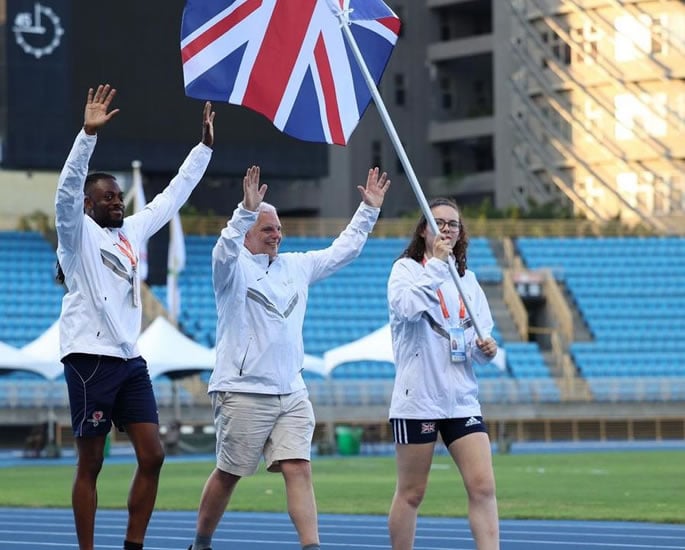
Deaf athletes are not automatically eligible for the Paralympics unless they have an additional recognised disability.
The International Deaf Sports Committee states: “Many deaf people do not consider themselves disabled, particularly in physical or intellectual ability.”
They see themselves as part of a cultural and linguistic minority rather than a group defined by impairment.
In Paralympic sports, athletes are classified by the impact of their disability on performance, which does not account for hearing loss alone.
This classification system explains why deaf athletes must rely on events like the Deaflympics to compete at an international level.
What funding challenges do UK Deaflympics athletes face?
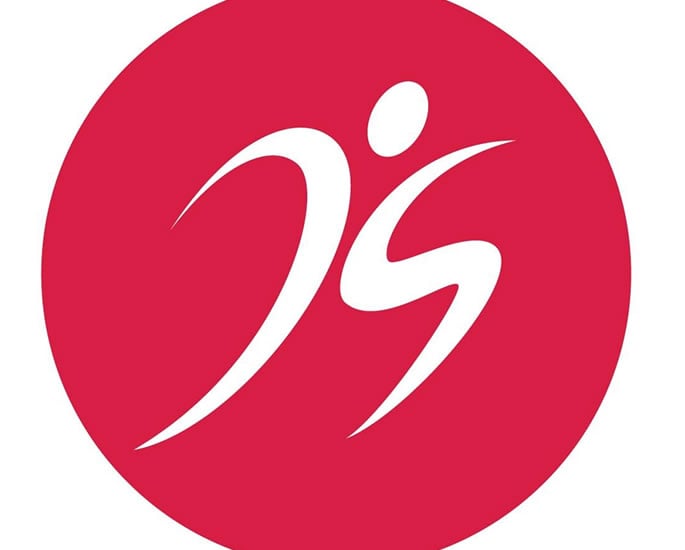
UK Deaf Sport receives £1.27 million in funding from Sport England through to 2027.
However, the government does not directly fund Deaflympics athletes via UK Sport, whose remit covers Olympic and Paralympic athletes only.
UK Deaf Sport chief executive Chris Ratcliffe described this as “shameful”, highlighting that athletes are missing out on the support afforded to their Olympic and Paralympic counterparts.
To cover the £500,000 cost of sending 100 athletes and support staff to Tokyo, each competitor has been asked to raise £4,000.
Teenager Sophie Dacombe, part of the women’s football squad, called the situation “unfair”.
She added:
“We should get the same opportunities that other people do when you’re representing your country.”
The Deaflympics remains a celebration of athletic achievement, culture, and community for deaf athletes worldwide.
Its distinct rules and adaptations demonstrate how sports can be inclusive without compromising competition.
Yet, as funding and recognition challenges persist, participants must overcome both financial and societal hurdles to showcase their talents on this global stage.
By understanding the Deaflympics, we gain insight not only into elite sport but also into the resilience and identity of the deaf community.


